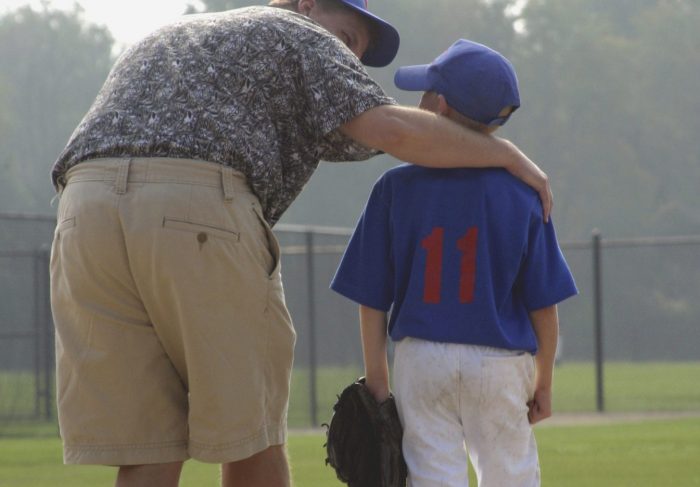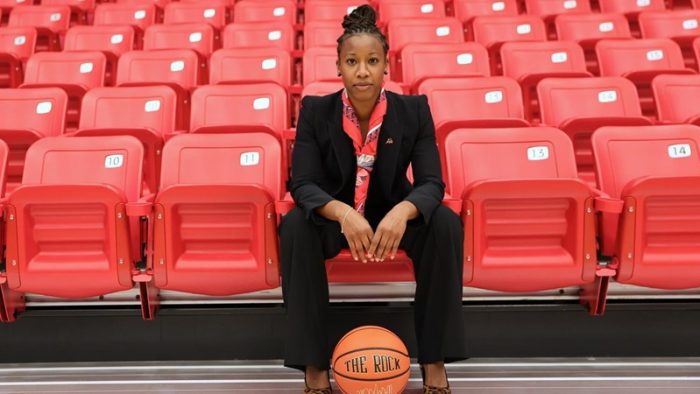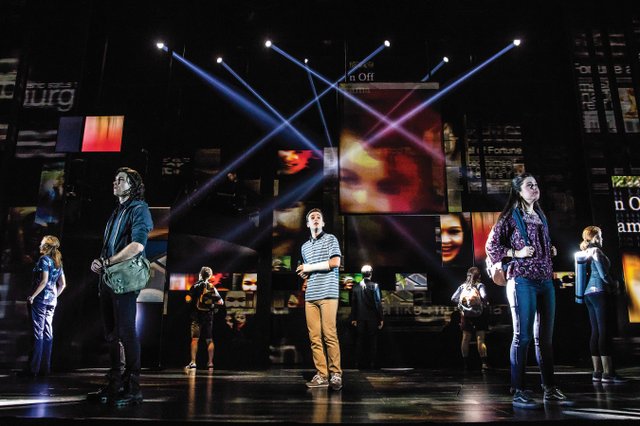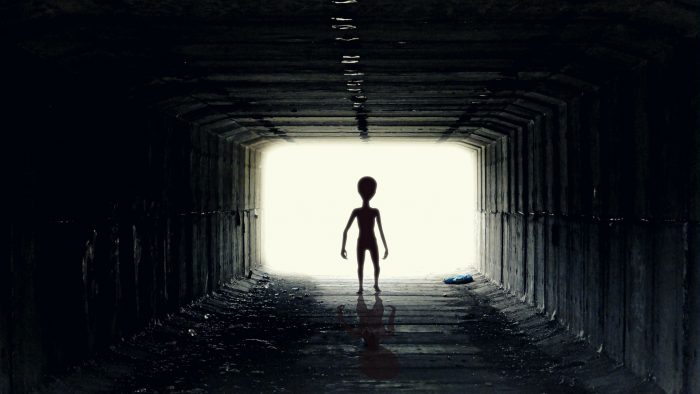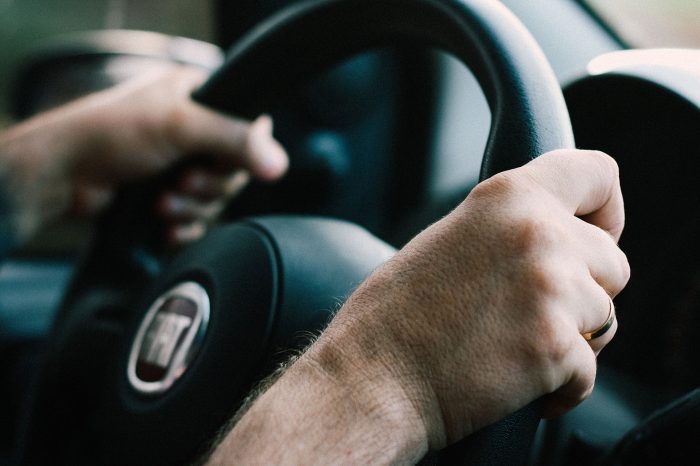By Daniel Dunaief

One day, you wake up and your kids who called noodles “noonies” are getting ready for college.
No, not exactly. It’s a long journey filled with skinned knees, ripped tee shirts — don’t ask — eye rolling and muttering between clenched teeth. Still, here we are, as our kids prepare to move on from the educational minor leagues. Along the way, we went through numerous milestones. Please find below a few of the phases in our journey.
— Deer in the headlights. I’ve seen deer in my headlights. The only difference between them and us when we first brought our children home is that the deer’s eyes are open much wider. We almost instantly became sleep-deprived. Other than that, we had that frozen not-sure-where-to-move feeling, knowing we had to do something, but not exactly sure what or in what order to take care of those needs.
— Hating everyone. People meant well back in the days when our children were young and cried. Numerous people, who didn’t live with or even know our needy infants, offered unsolicited advice about what this scream or that scream meant. Strangers would tell us how our daughter’s cry meant she had gas, was hungry, needed her diaper changed, or was hot or cold. Yes, thanks, those are the options. Thanks for the help!
— Cooking the plastics. Yup, back in the early days, I was so sleep deprived that I put plastic bottles in a pot of boiling water to sterilize them and fell asleep. It wasn’t until I smelled the burning plastic that I realized how long I’d been out.
— Carrying everything: We couldn’t go four blocks without a diaper bag filled with everything, including the special toy each of them needed, diapers, wipes, ointment, sunscreen, bug spray, rain jackets, boots, and extra clothing.
— Straining our backs: Picking the kids up and playing with them was fun when they were under 20 pounds. When they reached 50 and above, holding them the entire length of a ski slope became impossible.
— Crazy sports parents: This phase lasted much longer than it should have. It was only when the kids reached late middle school that I appreciated the fresh air, the sparkling sunlight and the excitement of the moment. Exercise and making friends are the goal. Everything else, including winning, is gravy.
— Giving them space (aka, it’s not about us). As they reached adolescence, our children needed to make their own decisions. Tempting as it was to jump in and redirect them or even to kiss them before they left the car for middle school, we bit our tongues as often as we could, leaving us feeling lonely and nostalgic in our cars as they joined their friends.
— Beautiful naps: Giving them space allowed us to do what we wanted. After years of living our lives while monitoring and helping theirs, we had a chance to do exactly what we wanted, which started with restorative naps.
— Sending them into space. We aren’t putting them in a Jeff Bezos rocket ship or sending them to the International Space Station, but we are preparing to give them an opportunity to explore the world outside our house.
— Looking at the calendar differently. With both of them on the way to their futures, we can choose places to visit that didn’t interest them. We can visit these places when school is in session, which should mean lower costs for us.
— Telling other people how to take care of their kids: With our free time, we see parents struggling with young children. We, of course, know better. Or maybe not.

